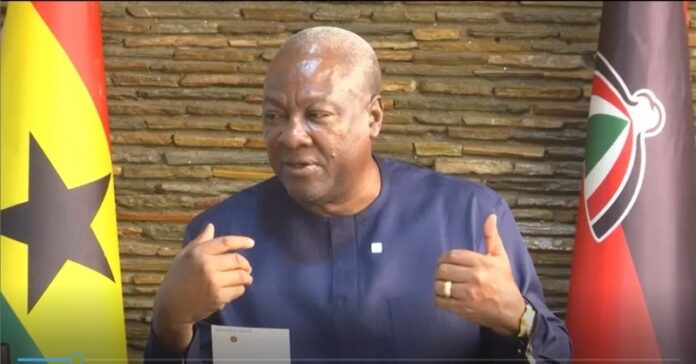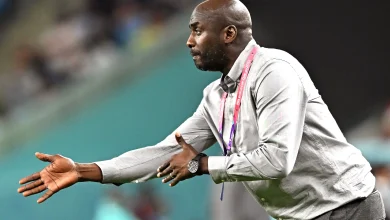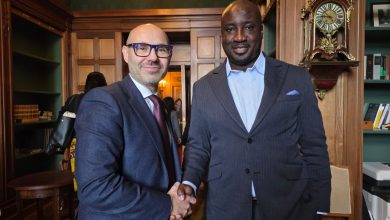
John Dramani Mahama’s administration is facing intense scrutiny following the mass discontinuation of court cases involving officials and associates of the previous National Democratic Congress (NDC) government. The move has sparked concerns about accountability, with many questioning whether the president is setting a dangerous precedent.
Renowned investigative journalist Manasseh Azure Awuni has raised red flags over what he describes as a troubling pattern of dropping corruption-related cases. In a strongly worded statement, Manasseh likened Mahama’s actions to those of former President Akufo-Addo, whom he famously labeled as Ghana’s “Chief Clearing Agent” for allegedly shielding corrupt officials during his tenure.
Among the cases affected by this mass discontinuation are those involving financial mismanagement and corruption, issues that have long plagued Ghana’s political landscape. While some cases, such as the Democracy Hub protesters’ prosecution, were widely criticized and expected to be dropped, the dismissal of corruption cases has left many Ghanaians questioning the government’s commitment to justice.
“If the government clears all its party people standing trial, the people whose power the government exercises must be given sound reasons,” Manasseh stated. “Operation Recover All Loot (ORAL) cannot succeed when its implementers are engaged in Operation Clear All Looters (OCAL).”
One of the high-profile cases under scrutiny is the controversial ambulance procurement scandal. Although a court acquitted the accused individuals, Manasseh maintains that the deal itself was riddled with irregularities. His investigative documentary, Grounded Wheels, exposed major flaws in the procurement process, raising questions about why some key figures in the transaction were never prosecuted.
“The Mahama administration went as far as moving the ambulances from the State House to the Air Force Base in Burma Camp, hiding them from public scrutiny while people were dying due to the lack of proper emergency vehicles,” he noted.
The decision to abandon these cases has also raised concerns about political accountability in Ghana. Critics argue that it sends the wrong message—that officials facing corruption charges can simply delay proceedings until their party returns to power, at which point they will be freed.
Many citizens recall how Mahama’s previous government prosecuted and jailed NDC officials involved in the GYEEDA scandal, a move that was seen as a commitment to fighting corruption. This latest action, however, appears to contradict that legacy.
The Attorney-General, who has the authority to discontinue prosecutions, is now under pressure to explain the rationale behind these decisions. Transparency advocates argue that if cases are being dropped, the public deserves to know whether it is due to a lack of evidence or political considerations.
As Ghana continues its fight against corruption, the question remains: is President Mahama reversing course on accountability, or does his government have legitimate reasons for halting these prosecutions? The answer will shape his legacy and the nation’s trust in its justice system.



